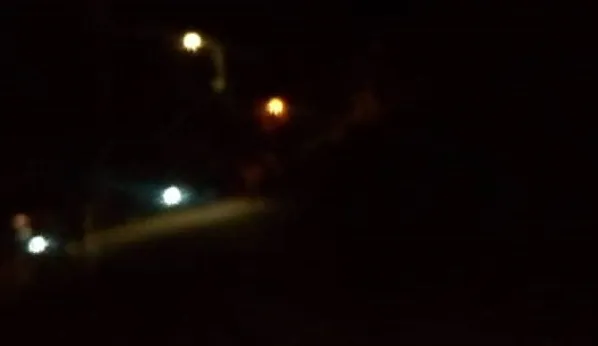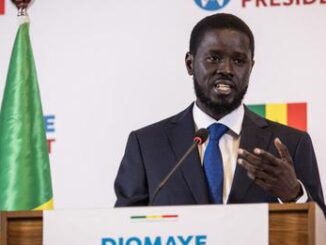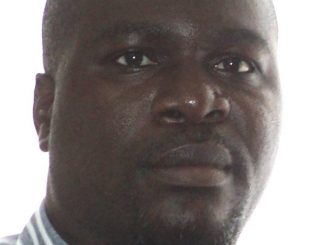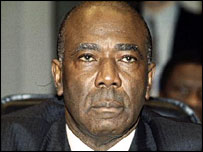
Power Cuts in Sierra Leone: Unpaid Debts, Government Corruption, and the Energy Crisis
By Dabria Taylor from the International Relations Review
As of September 2023, the government of Sierra Leone has passed on yet another challenge to its citizens, quite literally leaving them in the dark. The country, located on the western coast of Africa with well-known white beaches and an abundance of diamonds, is facing an electricity shortage due to its lack of domestic infrastructure and government corruption. As a result, thousands of citizens are without power in its capital city, Freetown.
The direct reason for Sierra Leone’s power shortages is the nation’s unpaid debts owed to the Turkish hydro-power company, Karpowership. Many Sierra Leoneians rely on electricity to produce cooling through air conditioning systems, which is essential in their tropical, hot climate, and to produce the light in their homes. As thousands of Sierra Leoneans cope with record high heats and absolute darkness at night, many people are outraged, and have demanded answers from the government concerning its inability to pay for electricity. In examining the events that have contributed to the power outages, it is evident that energy shortages are only one of the many issues caused by shortcomings of the government.
Power cuts in Sierra Leone have prevented the citizens of Freetown from reaching their optimal productivity. Unlike power outages in other West African nations, blackouts in Sierra Leone have lasted for weeks on end, subjecting households and businesses to long periods of darkness. In a world dependent on electricity for day to day activities, the lack of electricity has disrupted many essential services, such as life-saving hospital care, education for its youth, and construction.
Sierra Leone’s $40 million debt to Karpowership came as a shock to many. The company’s move to cut off power has caused concern within the nation and on the international stage. Because the citizens are without substantial energy to power their homes, the severity of the situation puts more pressure on the government as citizens demand for answers in its energy deficits. The Turkish Power company’s choice to cut off power has negatively affected citizens’ satisfaction with their government and diminished national pride. Sierra Leone’s inability to alleviate any of its mounting debt overtime highlights financial struggles and the fiscal irresponsibility of the Sierra Leonean government.
Although Karpowership has cut off electricity to thousands of citizens, the Turkish power company cannot be faulted for its decision, however harsh the consequences may be. Faced with increasing financial risk, and understanding of Sierra Leone’s finances, the decision to discontinue services was justified. This energy crisis has shown the citizens a direct consequence of a government that has failed in its responsibility to provide its citizens with essential services, therefore decreasing the legitimacy of the Sierra Leonean government. This lack of trust in the government is also reflected in the country’s score of 34 on the Transparency International’s 2022 Corruption Perceptions Index. The effective distribution of resources is hampered by corruption, specifically the mismanagement and the theft of money allocated for vital public services and infrastructure, such as electricity. For example, between 2014 and 2016, around $2 million USD in cash donations from the Red Cross, intended for use in the country’s Ebola crisis, was stolen by government officials and local bankers. Such scandals have persisted in shattering public confidence in the government and impeding the country’s growth.
The nation’s energy crisis is a symptom of a deeper disease: a culture of corruption and lack of transparency that has hindered progress and left its people in the dark. To create a prosperous future for Sierra Leone, the nation must reckon with the root cause of its problems. As government officials impede efforts to enforce transparency, accountability, and ethical governance within Sierra Leone, they continue to thrive at the expense of the citizens they were appointed to serve. Until a change is made, citizens will continue to struggle with day to day tasks. With its abundance of natural resources and human capital, Sierra Leone has the potential for extreme long-run economic growth. However, until its corruption culture declines, its citizens will continue to suffer at the hands of its leaders. Only a future of transparency and integrity, can save Sierra Leone from its current trajectory.




Leave a Reply